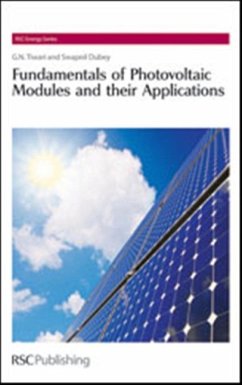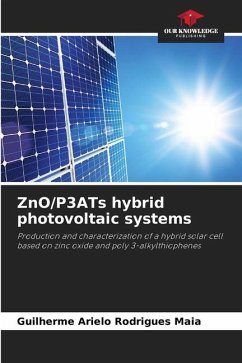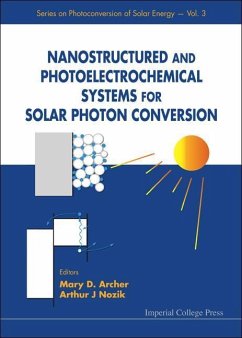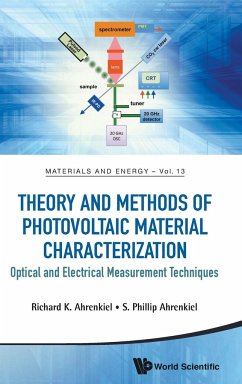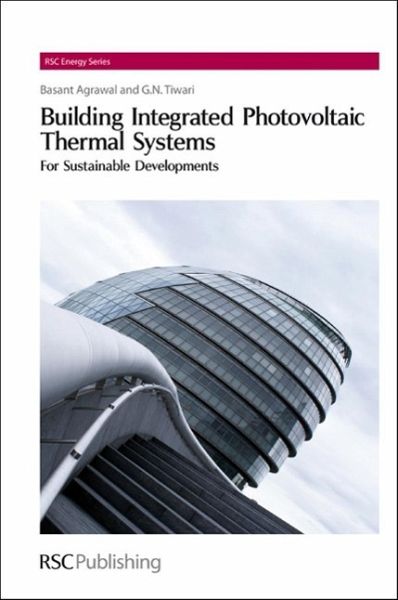
Building Integrated Photovoltaic Thermal Systems
For Sustainable Developments

PAYBACK Punkte
82 °P sammeln!
Solar photovoltaics is one of the most promising renewable energy technologies, producing electricity on site directly from solar radiation without harming the environment or depletion of materials. The Building Integrated Photovoltaic Thermal (BIPVT) system is a technology which merges PV and thermal systems simultaneously providing both electric and thermal energy. Through this combination more energy is generated per unit surface area in comparison to the standalone photovoltaics system. Benefits of the BIPVT system include: significantly increased electrical performance, faster payback tha...
Solar photovoltaics is one of the most promising renewable energy technologies, producing electricity on site directly from solar radiation without harming the environment or depletion of materials. The Building Integrated Photovoltaic Thermal (BIPVT) system is a technology which merges PV and thermal systems simultaneously providing both electric and thermal energy. Through this combination more energy is generated per unit surface area in comparison to the standalone photovoltaics system. Benefits of the BIPVT system include: significantly increased electrical performance, faster payback than traditional systems, negligible impact on the environment, the product is easier and less expensive to install and low maintenance is required. This book describes recent developments in PV technologies, the solar radiation available on the earth, various BIPVT systems and their applications, energy and exergy analysis, carbondioxide migration and credit earned, life cycle cost analysis and life cycle conversion efficiency. Presently there is no one single book that covers all basic and advanced concepts related to the implementation of solar energy for the passive heating and cooling of buildings. In addition to basic and advanced concepts, the book includes modelling and analysis and ongoing research in the area of BIPVT. Building Integrated Photovoltaic Thermal Systems will be essential reading for students, scientists and engineers involved in energy studies, architecture and building design.





